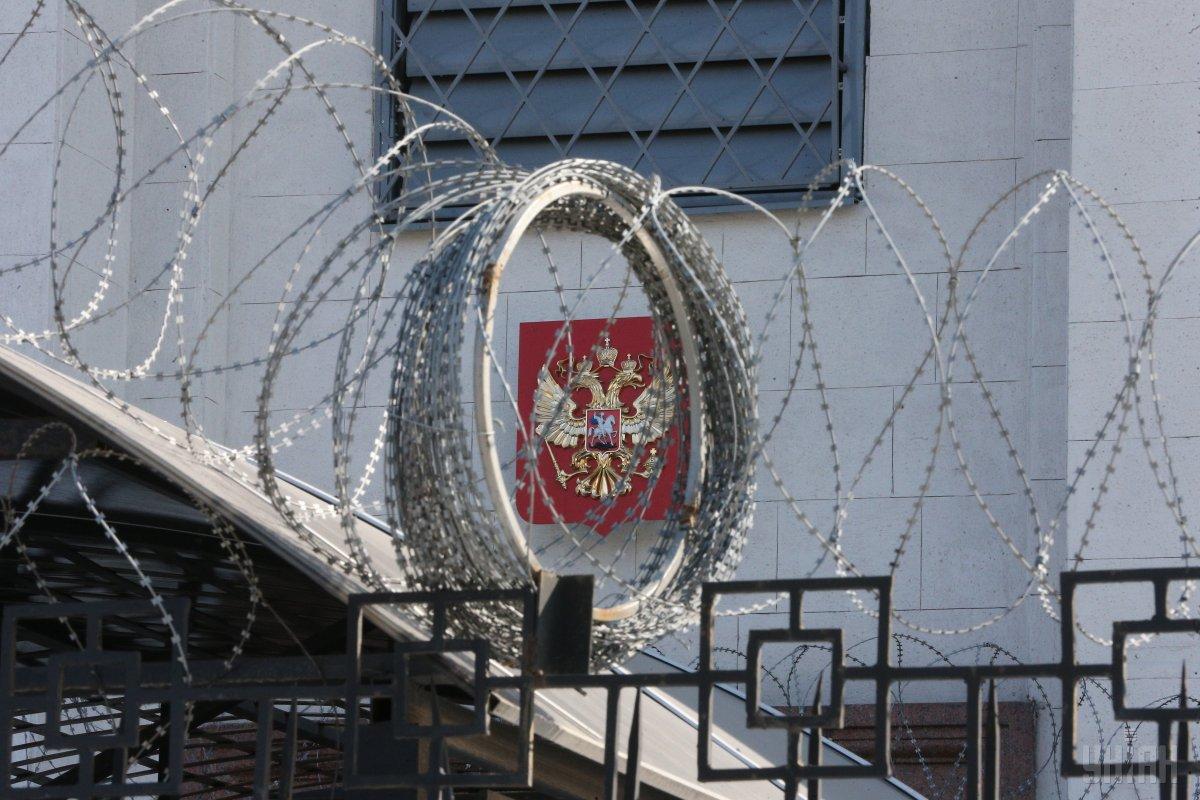
The team of Volodymyr Zelensky, a Ukrainian showman who recently secured a sweeping win in the presidential election runoff, said that with a decree on issuing Russian passports to Ukrainians living in the territories temporarily beyond Ukraine's control, Russia recognized its responsibility as an occupying state.
The statement was published on Team Zelensky's channel in a popular Telegram messenger.
"These actions are another clear confirmation for the international community of Russia's true role as an aggressor state, which is waging the war against Ukraine. Unfortunately, this decree does not bring us closer to reaching the main goal – the ceasefire," the statement reads.
Read alsoBy issuing passports in occupied Donbas, Russia seeks to destabilize Ukraine – MFA
"Despite this fact, Ukraine will do everything in its power to protect, provide proper assistance to, and ensure the rights of its citizens who are forced to remain in the occupied territories. Ukraine also relies on the support of the international community in protecting the interests, rights and freedoms of Ukrainian citizens in the temporarily occupied territories, and counts on the increased diplomatic and sanction pressure on the Russian Federation," Team Zelensky wrote.
The statement adds that one of the priorities of President Volodymyr Zelensky will be to address vital issues facing internally displaced persons and to expand opportunities for maintaining contact with citizens of Ukraine living in the occupied territories, and [to pursue] a set of measures to end the war and have Ukrainian territories de-occupied.
As UNIAN reported, Russian President Vladimir Putin on April 24 signed a decree on simplifying the procedure for granting Russian citizenship to residents of the temporarily occupied Donbas.
It says that the decision was made by the President of the Russian Federation "in order to protect human and civil rights and freedoms" based on "generally accepted principles and norms of international law," in accordance with Article 29 of Federal Law No. 62 of May 31, 2002 "On Citizenship of the Russian Federation."

